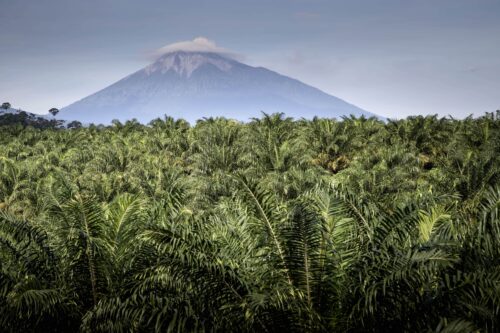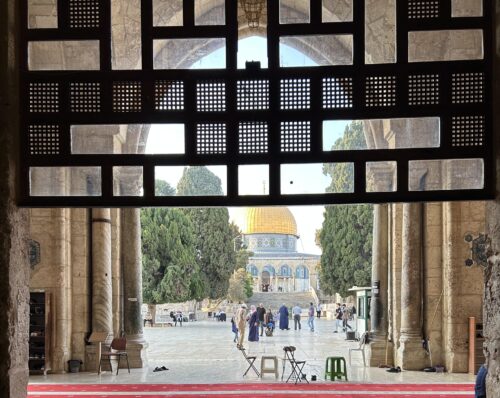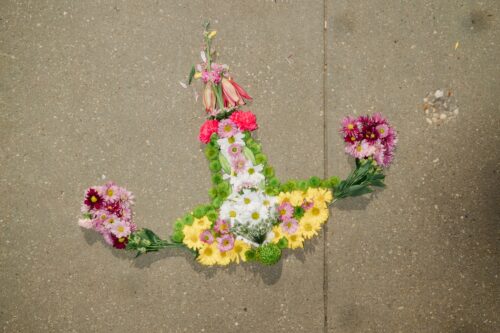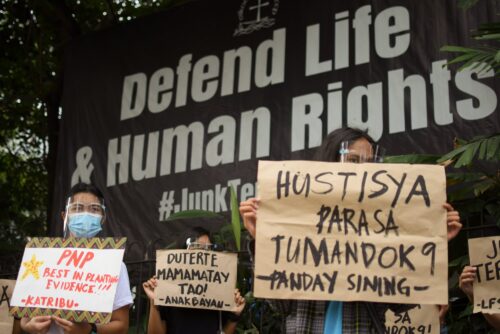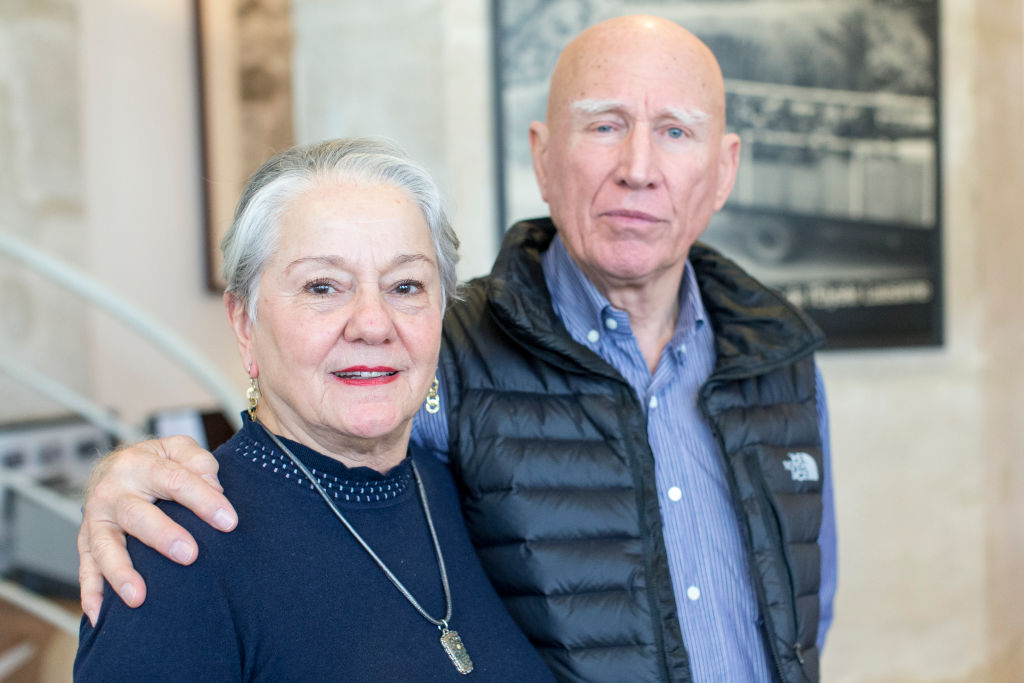Is Celebrity Attention Helping or Hurting Amazonian Peoples?
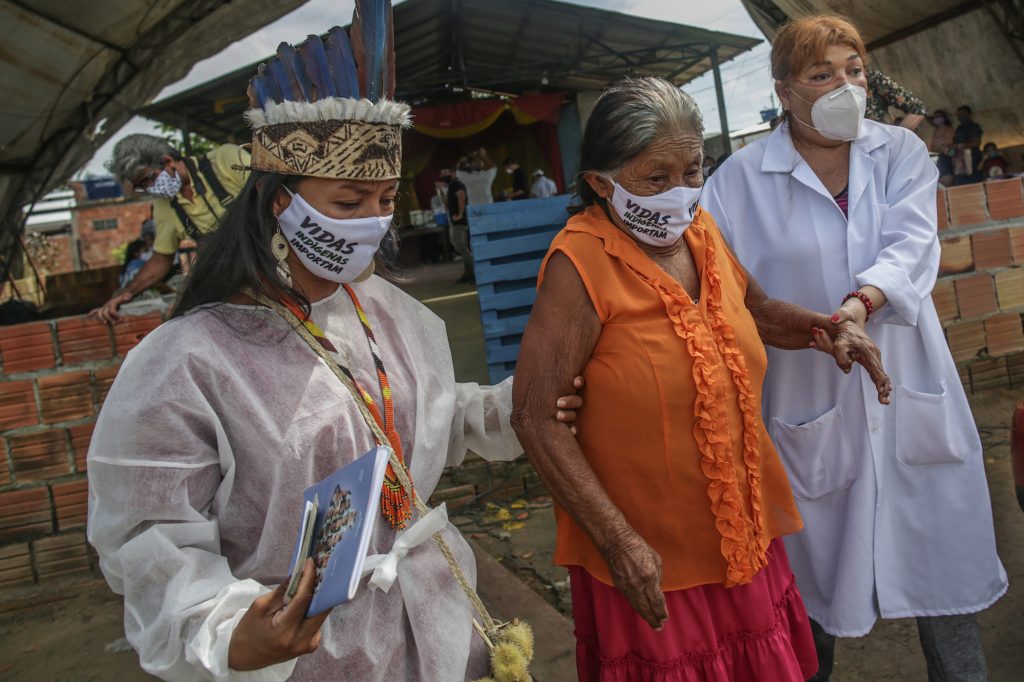
In late May, I received an email from anthropologist Juan Álvaro Echeverri saying that friends of ours in the Indigenous Nonuya community of Peña Roja, in the Colombian Amazon, with whom we have both worked since the early 1990s, had written to him with concerns about the COVID-19 pandemic. They had carried out a shamanic ritual that revealed to them the coronavirus would hang around for a long time, and they had decided to isolate themselves. They needed money to buy gasoline, hammocks, fishing equipment, and other goods in order to move with their vulnerable elders and children away from the Caquetá River to the remote Arroz River. Echeverri set up a PayPal fund for them.
The Nonuya’s decision to isolate themselves did not surprise me. There were no cases of COVID-19 in their part of the Caquetá, but they were following the unnerving news that infections were spreading quickly throughout the region. Picking up what one can of one’s belongings and heading quickly for out-of-the-way locations has been a centuries-old, reliable strategy of Indigenous Amazonians in the face of pandemics and other existential threats.
With twice the mortality rate of the rest of the country, Brazil’s Indigenous peoples have been particularly hard hit by the COVID-19 pandemic. The spread of the coronavirus is exacerbated by severe pressure from loggers, miners, agribusinesses, and impoverished peasants engaged in illegal land-grabbing enterprises in Indigenous territories. Their activities, and the pressures facing Indigenous Amazonians, are fueled by the communications and policies of Brazilian President Jair Bolsonaro. Since Bolsonaro took on the presidency, massive deforestation and illegal invasions of protected Indigenous territories have skyrocketed.
In response to the current crisis, star Brazilian photographer Sebastião Salgado and his wife, Lélia, have organized a petition calling on Bolsonaro and the Brazilian government “to take immediate measures to protect the country’s Indigenous populations against this devastating virus.” Their petition, undersigned by Nobel Prize winners, supermodels, royals, and celebrities such as Oprah Winfrey, Madonna, and Paul McCartney, warns that the pandemic has immobilized the authorities who typically protect Indigenous territories from invasion, making genocide through COVID-19 contagion a real risk.
But the message regarding these Indigenous peoples’ plight runs the risk of reinforcing an old and harmful picture of the very people the petition aims to protect, some say.
The Salgados’ campaign has triggered a debate among anthropologists about the relative good or harm that superstars’ philanthropic gestures might bring about for Amazonian peoples. The controversy has played out recently among members of the Society for the Anthropology of Lowland South America (SALSA), of which I am currently the president.
Most members seem to agree that the attention brought by superstars like Salgado is positive and effective in publicizing the injustices and tragedies that Amazonian peoples are facing. Yet some are concerned by how these calls for action describe small, isolated, so-called uncontacted groups as somehow “prehistorical,” perpetuating stereotypes that have historically been harmful to such communities and to other Indigenous peoples.
In a recent piece in The Guardian, Latin American correspondent Tom Phillips quotes Sebastião Salgado: “Just in the Brazilian Amazon, we have 103 Indigenous groups which have never been contacted—they represent humanity’s prehistory. … We cannot allow all of this to disappear.” Likewise, in a Democracy Now! interview, Salgado stated: “These Indians are the prehistory of the humanity. … We are in total danger to lose all this population now.”
Sebastião Salgado expresses a good and noble sentiment, for sure. But for decades, anthropologists in the region have been trying to add nuance to this point, showing that Indigenous peoples in the Amazon (or any contemporary Indigenous peoples, for that matter) are not prehistorical, primitive, or examples of the way of life of humanity’s ancestors. Rather, we insist that they are very much a part and product of history—the history of the Americas before and after European conquest and colonization. And these communities are thriving, not only carrying on the traditions of their ancestors, but adapting and creating culture and meaning for themselves and their children today.
Pandemics imported by explorers, missionaries, and settlers were part of that history. By some reckonings, they reduced the Indigenous population of the Americas by up to 90 percent in the first 100 years after the arrival of Christopher Columbus in 1492. Things didn’t improve for the survivors for a long time.
Some anthropologists argue that this racist mindset was what made the state so unwilling to fulfill its legal obligations toward Indigenous citizens in the first place.
Isolated groups, though often described as living like their ancestors had lived for thousands of years, are very probably remnants of much larger societies that at some point in the history of the Americas partook in rich networks of exchange between peoples. We anthropologists consider it likely that ancestors of these isolated Indigenous groups made the intelligent, self-protective political decision to head deep into the forest, some of them as recently as the Amazonian rubber booms of the 19th and 20th centuries, to escape the threat of slavery and pandemics that contact with outsiders of European origin entailed. So, my Nonuya friends’ intention to move to the Arroz River to escape the COVID-19 pandemic has strong precedents.
Portrayals of Indigenous Amazonians as prehistorical are often accompanied by romanticized accounts of them as gentle, noble beings with sensitive spiritual outlooks and deep, millennia-old insights into their pristine environments. This is, of course, a vast improvement over depictions of them as wild, incorrigible types enslaved by their own violent instincts. In fact, many Indigenous peoples have made savvy use of the former image to improve their collective lot in engagements with Westerners.
But both kinds of claims have served to define Indigenous peoples in terms of their purported changelessness, in contrast to the penchant of Western societies to change historically. This exclusion from history has not served them well. Outsiders have deployed stereotypes of Amazonian peoples as primitive savages to justify killing, enslaving, or “civilizing” them by force. They have also used images of them as innocent children of nature to justify paternalistic control of their territories and lives. And settlers have used the purported unchanging nature of “authentic” Aboriginals to claim that those who change their ways in order to deal better with outsiders are no longer “real Indians,” and therefore need not be accorded collective or special rights.
Many contributors to SALSA’s group email list expressed their appreciation for the positive attention that superstars drew to the catastrophic plight of Indigenous peoples in the Amazon, the subsequent pressure that spotlight placed on Bolsonaro, and the material support they garnered for Indigenous peoples. Some contributors to the discussion likened the pragmatic attitude of the celebrity campaigners to that of conservationists who leverage the public appeal of popular creatures like pandas and dolphins to raise funds that ultimately also benefit other threatened but less cuddly species. For them, a sense of proportion in the great scheme of things called for grateful support of the celebrities’ petition, even if the latter perpetuated stereotypes.
However, other anthropologists on the list felt strongly that the primitivist denial of history was at the core of what needed to be addressed, for that denial is very much a part of Brazilian state authorities’ racism and advocacy for Indigenous genocide. And, they argued, this racist mindset was what made the state so unwilling to fulfill its legal obligations toward Indigenous citizens in the first place. It was hardly possible for there to be an adequate, let alone equitable, response to the COVID-19 pandemic, or any other health crisis, under such circumstances.
Later contributions to the discussion made the case that monies raised by the Salgados and other celebrities are already helping, such as by expediting oxygen cylinders and medical supplies to some people in the Amazon who really needed them. But that, too, was questioned by others who noted that the attention of superstars is selective: Some Indigenous groups are anointed and saved, and others—like the less appealing threatened species that conservationists cannot get direct support for—remain invisible as they sicken and die or are killed off. Semi-naked isolated peoples have charismatic appeal in the public’s history-flattening fancy, while the many Indigenous people who live in or closer to urban centers, speak Spanish or Portuguese, and wear T-shirts made in Bangladesh, don’t. But all of them desperately need protection from the ravages of COVID-19 and the effects of racist policies.
I suspect that a few hundred scholars’ collective approval or disapproval of superstars’ gestures is moot in the short term; our publications take longer to reach people’s ears, and they reach fewer people. No anthropologist since Margaret Mead has been able to get their claims to be hearkened to in numbers comparable to a superstar’s.
My own opinion is that, as academics, we are doing our best when we think things through and engage in critical exchanges with our peers that allow us to develop a nuanced picture of the situation at hand. And we probably have to accept that that picture will spread more slowly, through networks of students and peers.
This is frustrating when there’s a brutal crisis, a time during which our limited ability to reach people with the knowledge that we have carefully produced translates into an inability to rally great forces. We can start small fundraisers, press minor levers, read and reply critically to the news, and hope these have an effect. In the meantime, let the superstars do their thing. Welcome it when it helps. And let us do the slower, scholarly work of trying to inject complexity and nuance into public knowledge of the matters at hand.






















